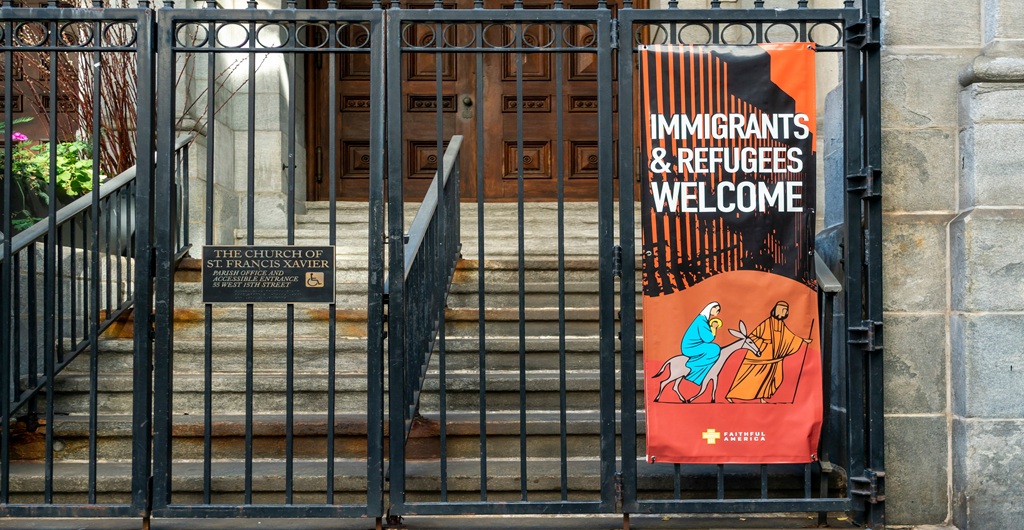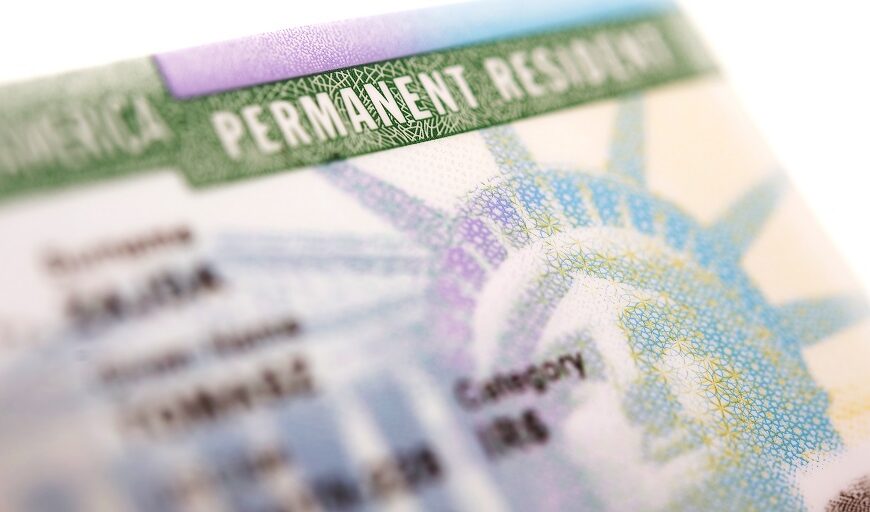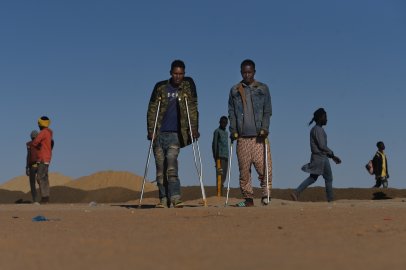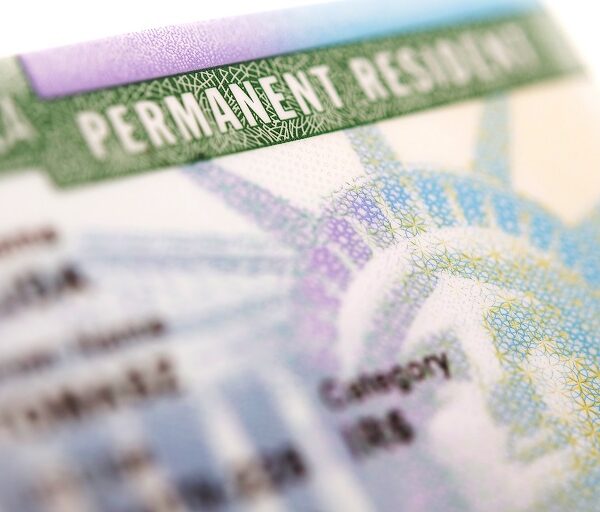Introduction
In recent years, immigration enforcement has become a contentious issue in the United States, particularly regarding its impact on sensitive locations. Sensitive locations are defined as places where individuals may be particularly vulnerable to immigration enforcement actions, such as schools, hospitals, and religious institutions. As communities grapple with the implications of these enforcement actions, many states have begun to take proactive measures to protect their residents. This blog post explores how states are responding to immigration enforcement in sensitive areas and the implications of these actions.
The Importance of Sensitive Locations
Sensitive locations play a critical role in the well-being of individuals and communities. They serve as safe havens for those seeking education, healthcare, and spiritual support. Understanding the significance of these locations is essential to appreciating why states are taking action against immigration enforcement.
Safe Havens for Vulnerable Populations
Sensitive locations are vital for the following reasons:
By recognizing the importance of these locations, states are motivated to protect them from immigration enforcement actions.
State Responses to Immigration Enforcement
States across the nation have initiated various strategies to counteract immigration enforcement in sensitive locations. These responses reflect a commitment to protecting vulnerable populations and ensuring access to essential services.
Legislative Measures
Many states have enacted legislation aimed at safeguarding sensitive locations from immigration enforcement. These laws often include provisions that:
These legislative efforts demonstrate a clear stance against the intrusion of immigration enforcement in areas where individuals should feel safe and secure.
Community Advocacy
In addition to formal legislation, community organizations and advocacy groups play a pivotal role in opposing immigration enforcement in sensitive areas. Their efforts include:
These grassroots efforts are essential in fostering a supportive environment for individuals who may otherwise live in fear of deportation.
The Challenges Ahead
While states are making significant strides in responding to immigration enforcement in sensitive locations, challenges remain. The federal government’s stance on immigration enforcement continues to evolve, creating uncertainty for states and communities.
Legal Battles
As states enact legislation to protect sensitive locations, they often face legal challenges from the federal government. These legal battles can be complex and lengthy, leading to:
The uncertainty surrounding these legal battles can create anxiety among communities, as they navigate a constantly changing landscape of immigration enforcement.
Political Divisions
Immigration remains a polarizing political issue, with opinions divided along party lines. This division can hinder efforts to create comprehensive solutions that protect sensitive locations. Some of the challenges posed by political divisions include:
Navigating these political landscapes is crucial for states seeking to enact meaningful change.
Conclusion
As states take action against immigration enforcement in sensitive areas, they are making strides toward creating safer environments for vulnerable populations. Legislative measures, community advocacy, and a commitment to protecting sensitive locations are essential components of this movement. However, challenges such as legal battles and political divisions remain significant hurdles.
Ultimately, the ongoing efforts by states and communities to safeguard sensitive locations will play a crucial role in shaping the future of immigration enforcement in the United States. By prioritizing the well-being of their residents, states can foster environments where all individuals feel safe, secure, and supported.







